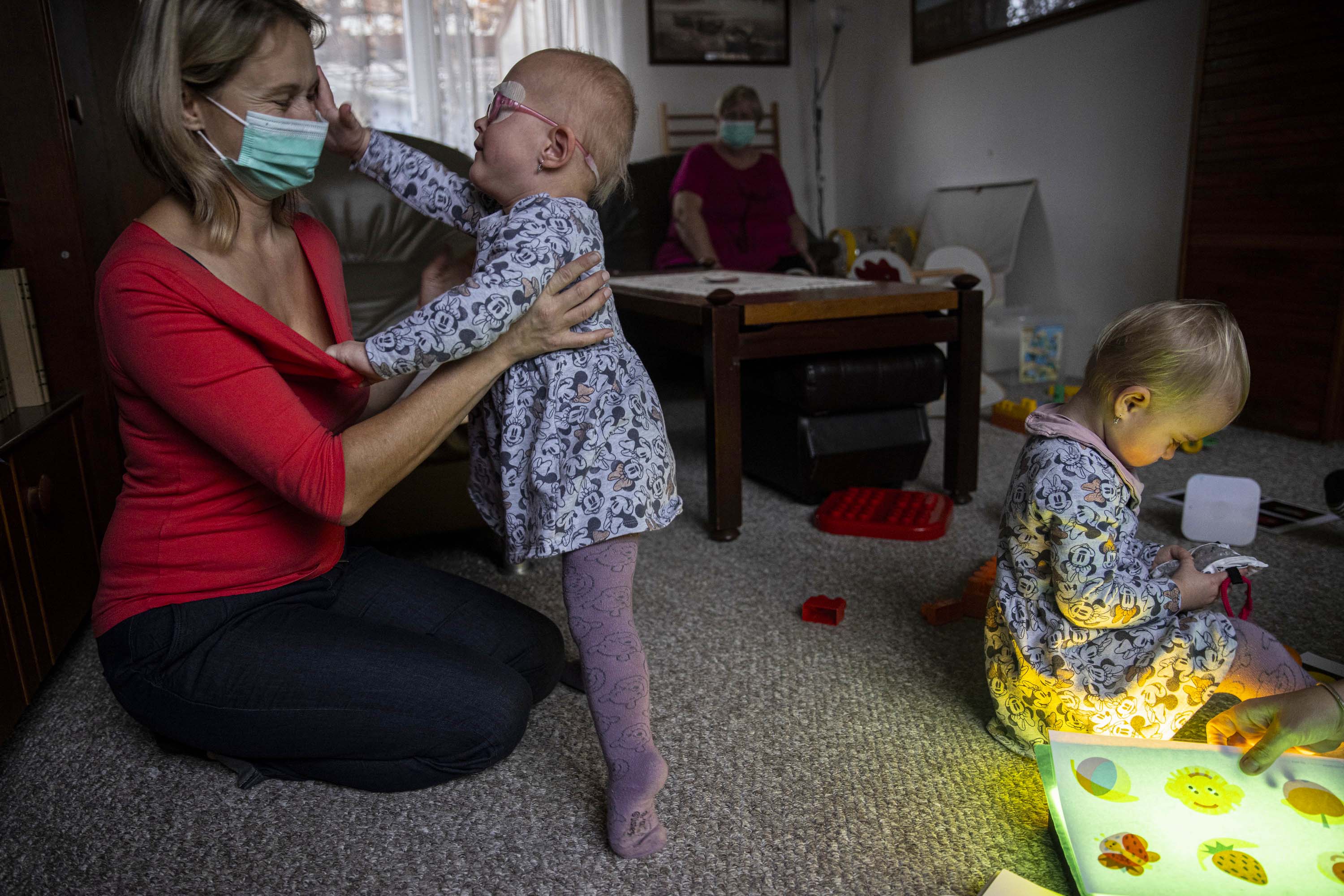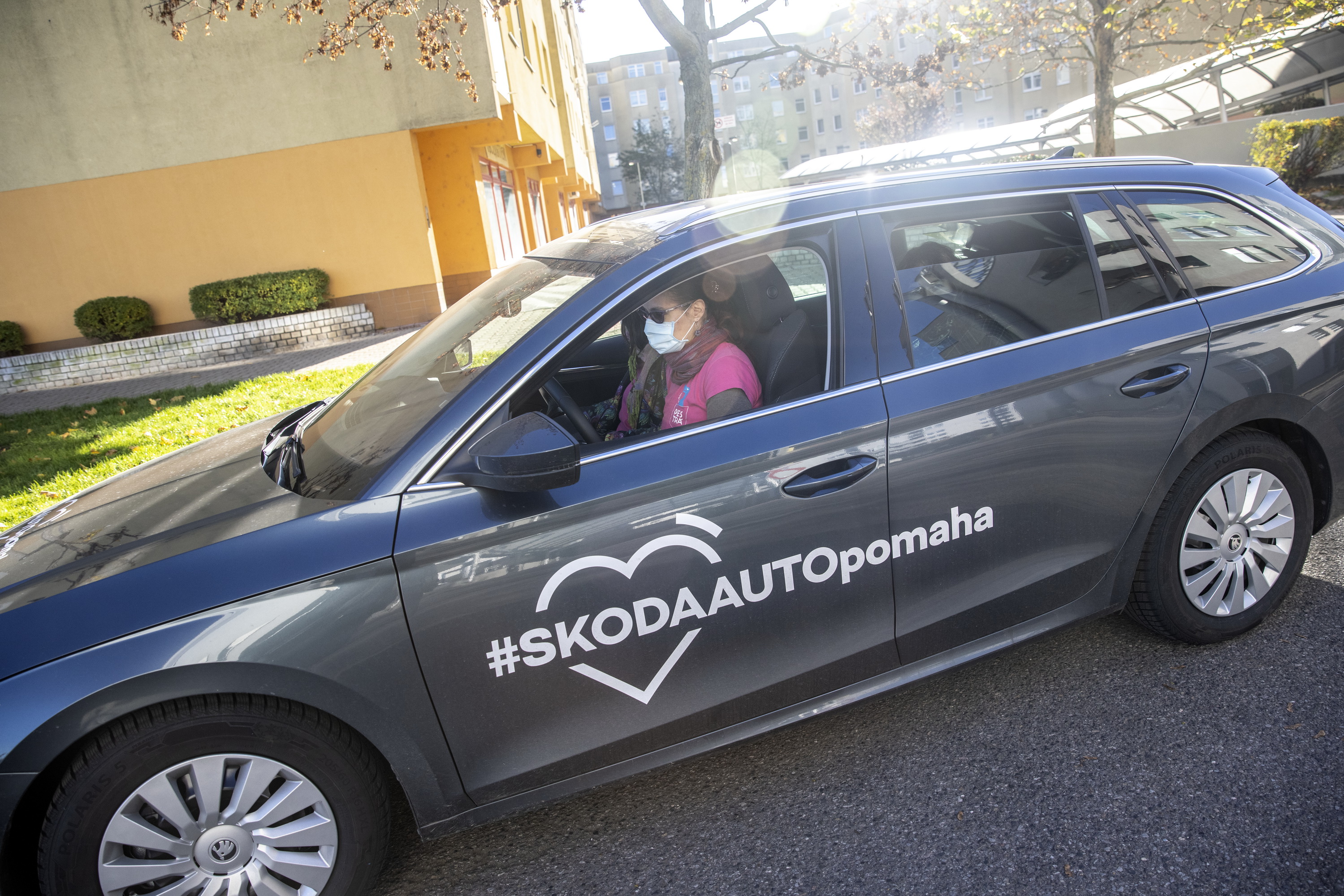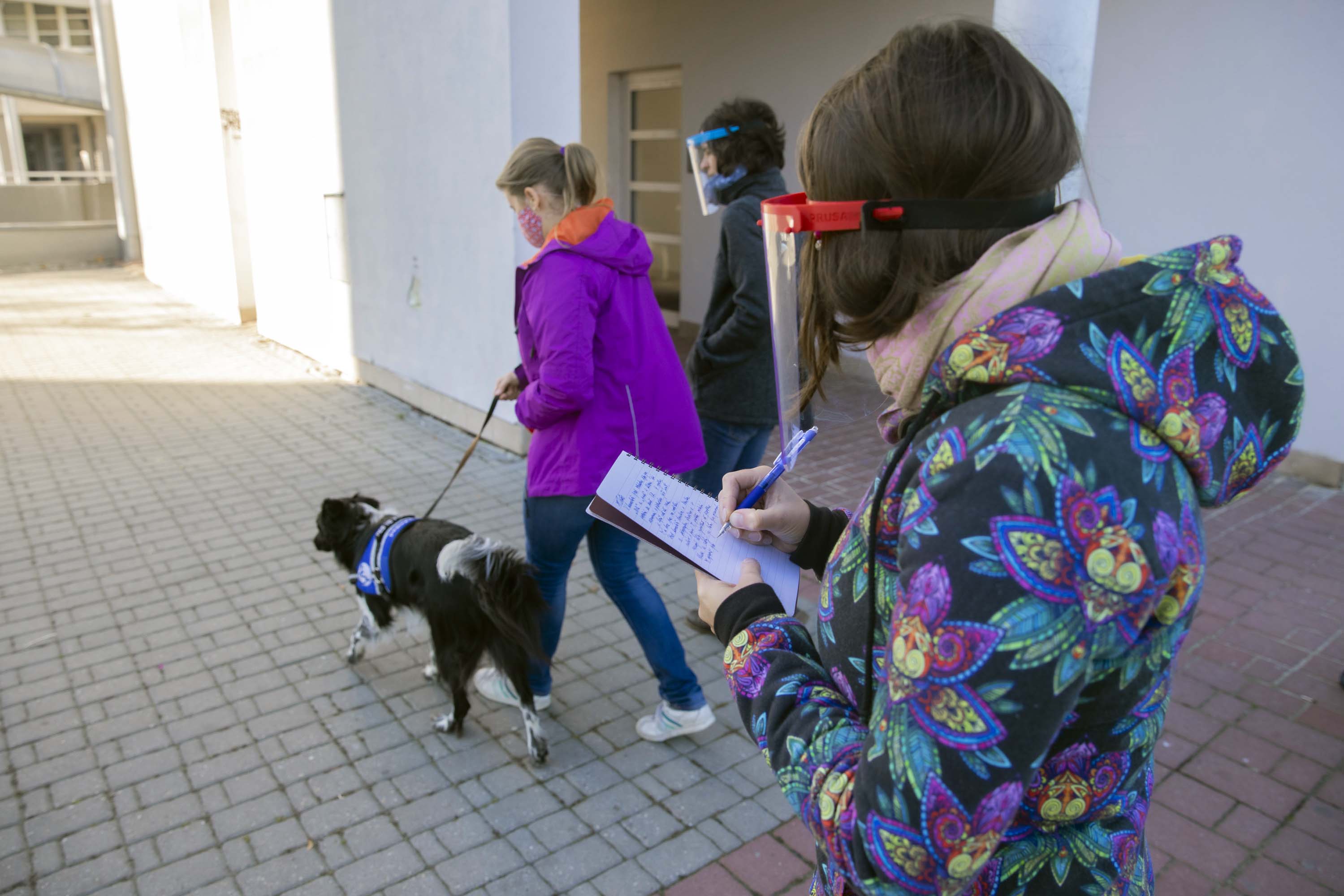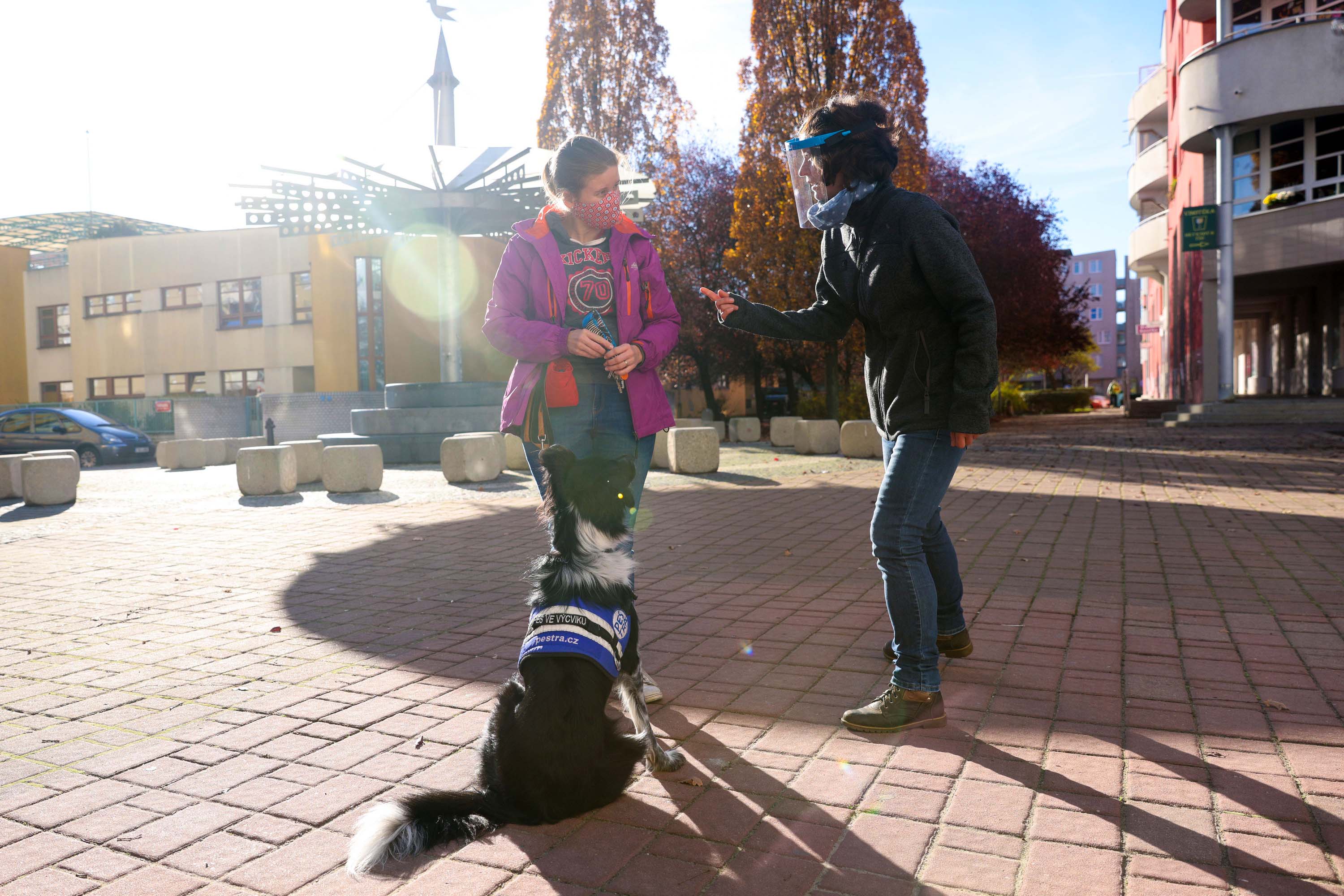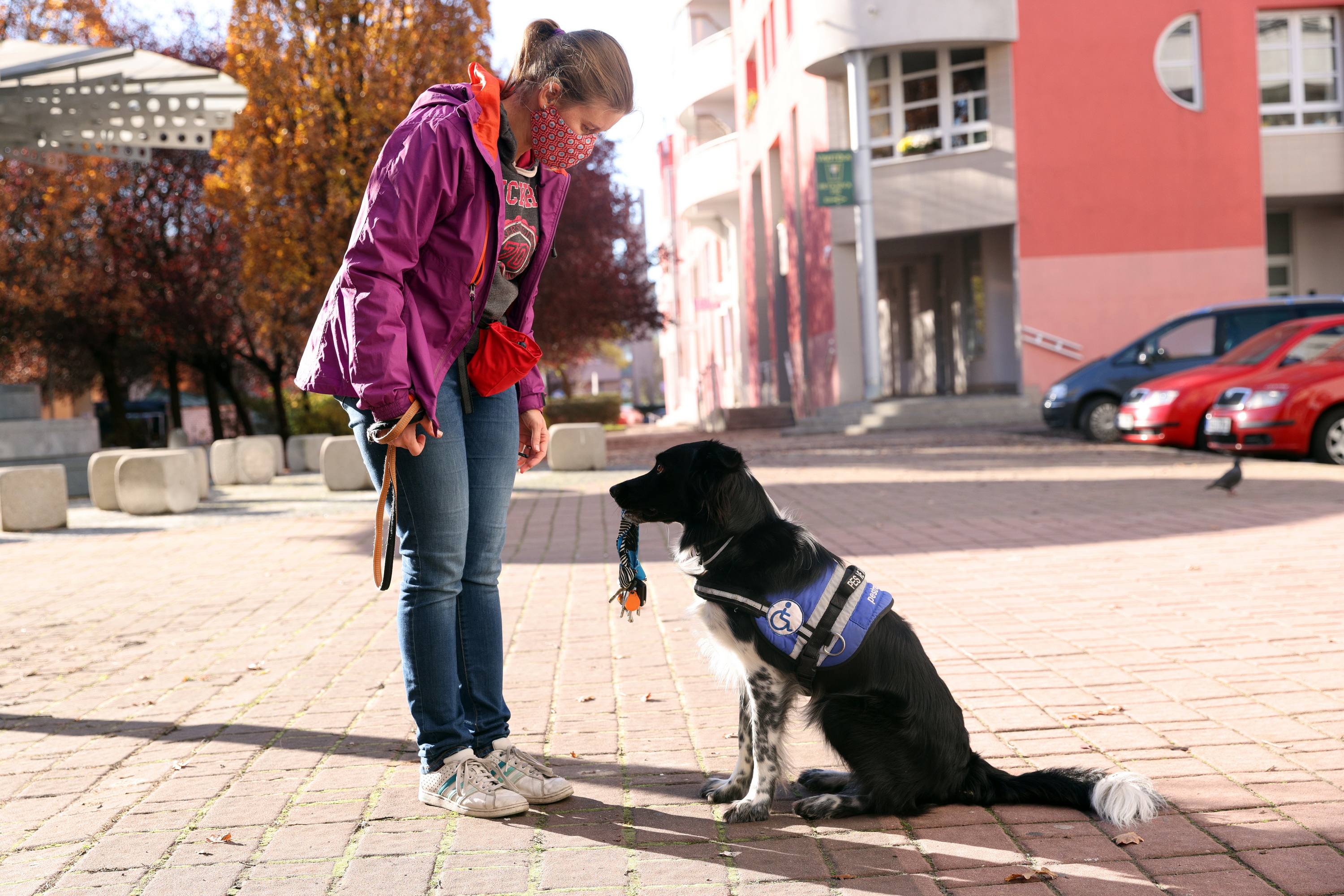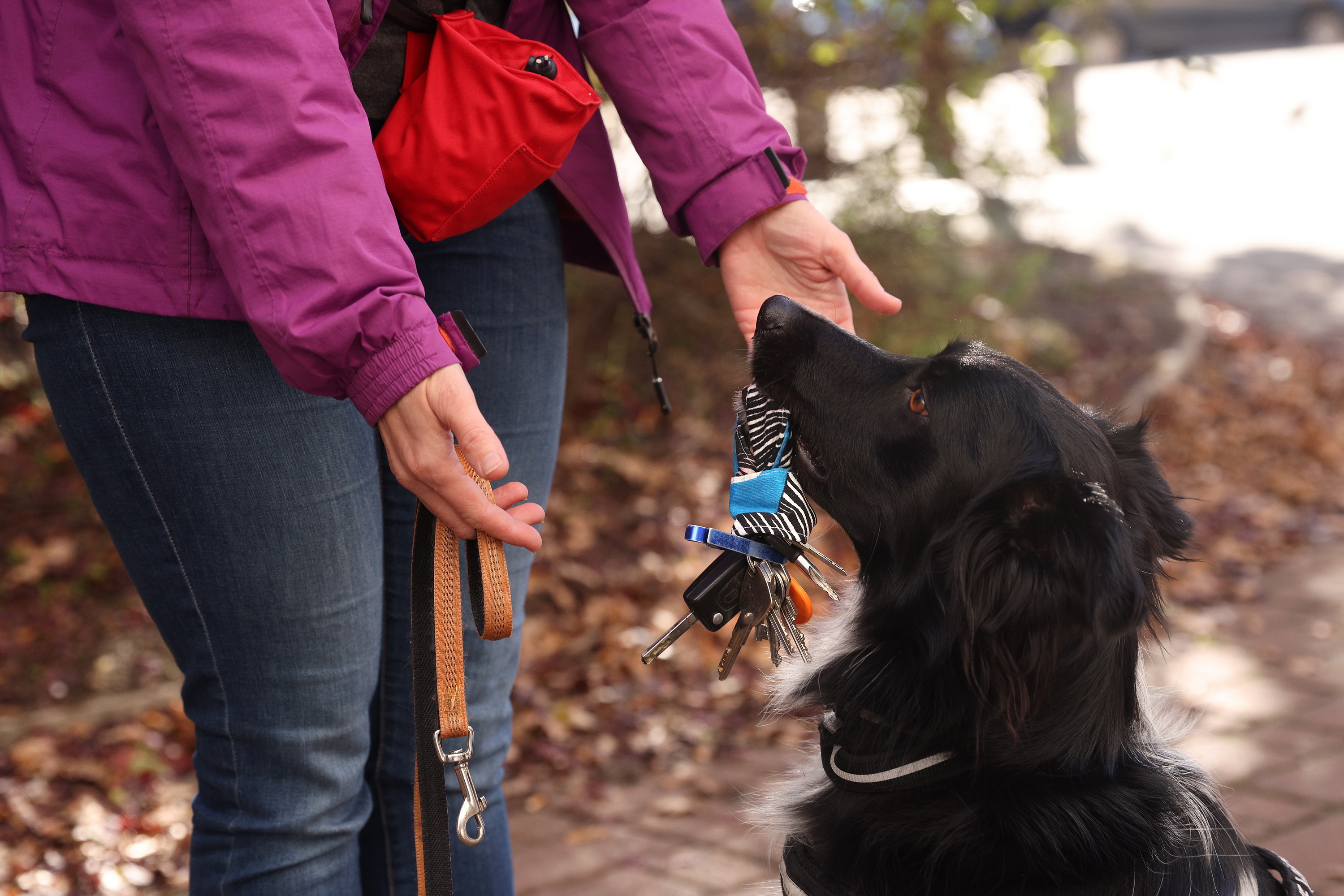From the church to the pub
The Neratov association based in the municipality of the same name in the Eagle mountains looks after adult clients with a mental disability. This organisation founded in 1992 provides help to twenty-five clients. And it gives work to dozens more.

“Each of them has an individual plan governing how the sheltered housing staff work with them. These days, we take clients to shopping, to the doctor, to the authorities, for culture and leisure activities in an OCTAVIA donated by ŠKODA. After breakfast, which they either prepare themselves or eat in our canteen, they go to work. The clients work in sheltered workshops in Neratov, in the garden centre, pub or laundry, and doing cleaning and assembly work or staffing the canteen. That is followed by lunch, after which some of them go back to work. When their duties are finished, there are activities in sheltered housing such as learning to cook, assimilating good hygiene habits and learning how to be more independent. They can all pursue a number of leisure activities: sewing, embroidery, various forms of art, music therapy, even chats, games, walks, excursions or visits to museums,” says Jana Němcová, listing some of the services offered by the association she heads.

And she introduces us to some of her clients. It is clear from the look in the eyes of their “boss” how proud she is at the way they are coping with their difficult situations. Such as Jirka, who is illiterate and lost both parents in the same month. His uncle tried to find a suitable home for him, but it was clear from the beginning that Jirka could not live on his own, let alone take care of himself. When he came to Neratov he was aggressive and unmanageable. Now he’s lived here for over ten years. In that time he has changed beyond all recognition. He’s sweet, friendly and has learnt lots of new things. His life is properly structured and organised.




